Emanuel Feuermann - Haydn, Dvorak - Cello Concertos (2000)
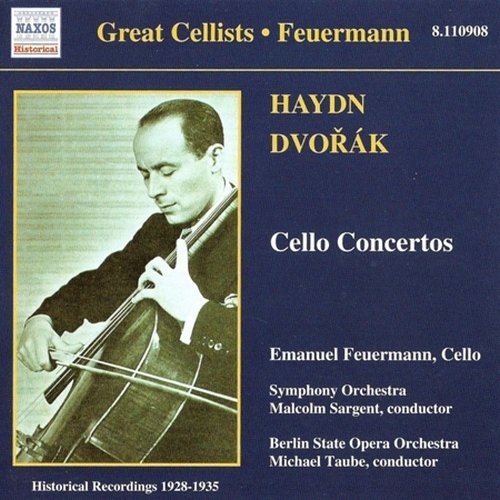
Artist: Emanuel Feuermann
Title: Haydn, Dvorak - Cello Concertos
Year Of Release: 2000
Label: Naxos Historical
Genre: Classical
Quality: FLAC (image+.cue,log,scans)
Total Time: 70:34
Total Size: 280 Mb
WebSite: Album Preview
Tracklist: Title: Haydn, Dvorak - Cello Concertos
Year Of Release: 2000
Label: Naxos Historical
Genre: Classical
Quality: FLAC (image+.cue,log,scans)
Total Time: 70:34
Total Size: 280 Mb
WebSite: Album Preview
Haydn. Cello Concerto in D major, Op.101
1. I. Allegro moderato
2. II. Adagio
3. III. Rondo (Allegro)
London Symphony Orchestra
Cond. Malcolm Sargent.
Rec.25.11.1935.
Dvorak. Cello Concerto in B minor, Op.104
4. I. Allegro
5. II. Adagio ma non troppo
6. III. Allegro moderatio
Berlin State Opera Orchestra
Cond. Michael Taube
Rec.30.04.1928 and 27.09.1929
Dvorak / Cello Concerto in B minor, Op.104
7. I. Allegro (conclusion)
8. III. Adagio ma no troppo
Rec.27-30.04.1928.
Emanuel Feuermann (cello)
This is a very significant historical reissue and Naxos and sound restorer Mark Obert-Thorn deserve warm thanks for bringing it back and cheap (Pearl had issued the same Dvorak in the mid-1990s, together with Feuermann's earlier recording of only the second and third movements of the Haydn Concerto under Frieder Weissmann, but it now sells at hefty prices on the marketplace, The Young Feuermann). The liner notes are very disappointing (by Keith Anderson - wish it had been Tully Potter, a guy who knows a thing or two about historical recordings, their context and significance), with the customary and anonymous blurb on the compositions but hardly anything of interest on the artists and circumstances of the recordings. Dvorak's Cello Concerto was made on April 29, 1928 (presumably movements 1 & 2, as they were released separately from the Finale, and a year before, on Parlophone E. 10856-8, and reviewed in The Gramophone of July 1929) and September 27, 1929 (presumably Finale, Parlophone E. 11071-2, Gramophone December 1930), and what the notes don't tell you is this is the composition's very premiere recording. It is also significant for featuring cellist Emanuel Feuermann his all his youthful splendor. Because Feuermann died so young (in 1942, not yet aged 40 - he was born in 1902), one forgets that he was of the exact same generation as Gregor Piatigorsky (1903-1976). Based on their respective recordings of Dvorak's Cello Concerto, Feuermann's live with Leon Barzin in January 1940 (Dvorak: Cello Concerto; Silent Woods; Rondo / Bloch: Schelomo (Historical Recording 1940/1941)) and Piatigorsky's first studio version with Ormandy in 1946 (Gregor Piatigorsky: Great Cello Concertos), Feuermann was also a more technically accomplished and dazzling cellist than his Russian colleague.
![Nābu Pēra - Soundscapes of Nicosia (2025) [Hi-Res] Nābu Pēra - Soundscapes of Nicosia (2025) [Hi-Res]](https://img.israbox.com/img/2025-12/14/lhs20jten1ip5ht0uibyjocfe.jpg)

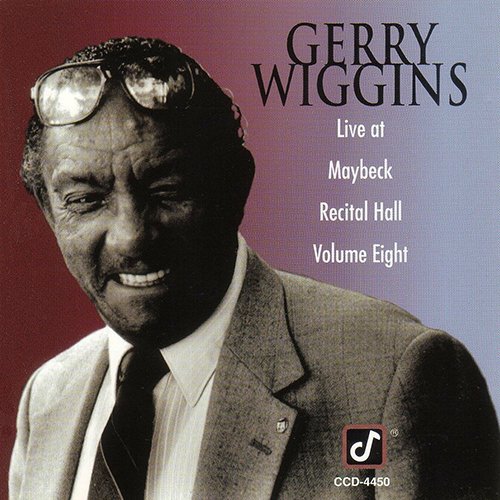
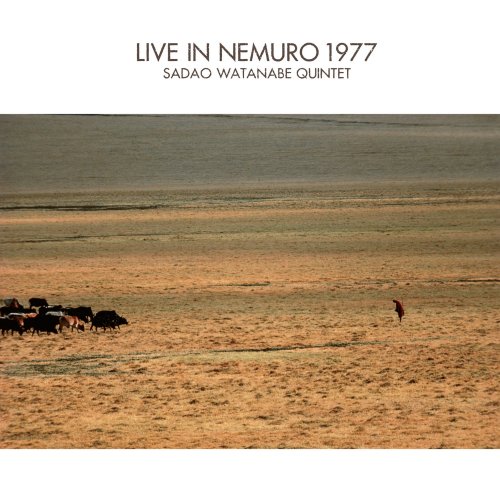
![Tomasz Stańko - Piece for Diana and Other Ballads (Polish Radio Sessions vol. 1/6) (2025) [Hi-Res] Tomasz Stańko - Piece for Diana and Other Ballads (Polish Radio Sessions vol. 1/6) (2025) [Hi-Res]](https://www.dibpic.com/uploads/posts/2025-12/1765788761_cover.jpg)
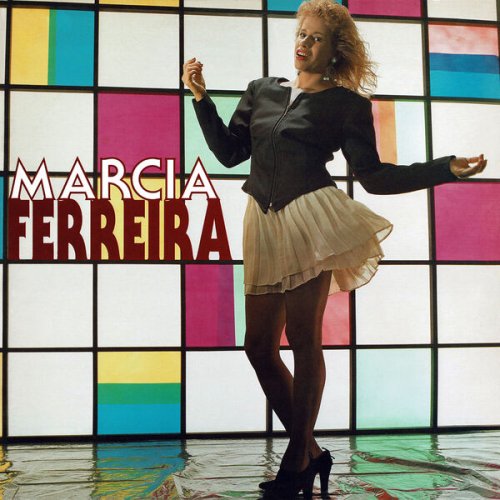
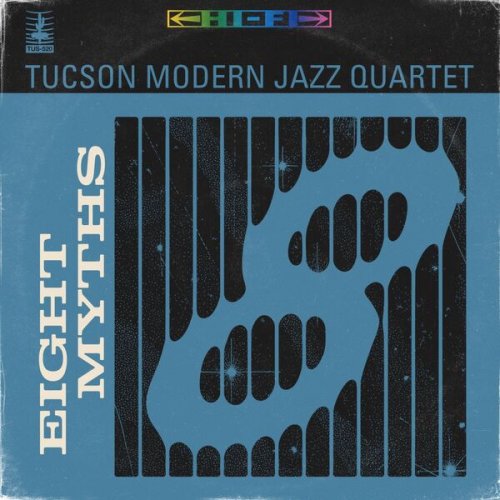

![Eshon Burgundy - Safe Place (Bossa Nova Jazz) (2025) [Hi-Res] Eshon Burgundy - Safe Place (Bossa Nova Jazz) (2025) [Hi-Res]](https://www.dibpic.com/uploads/posts/2025-12/1766079194_cover.jpg)